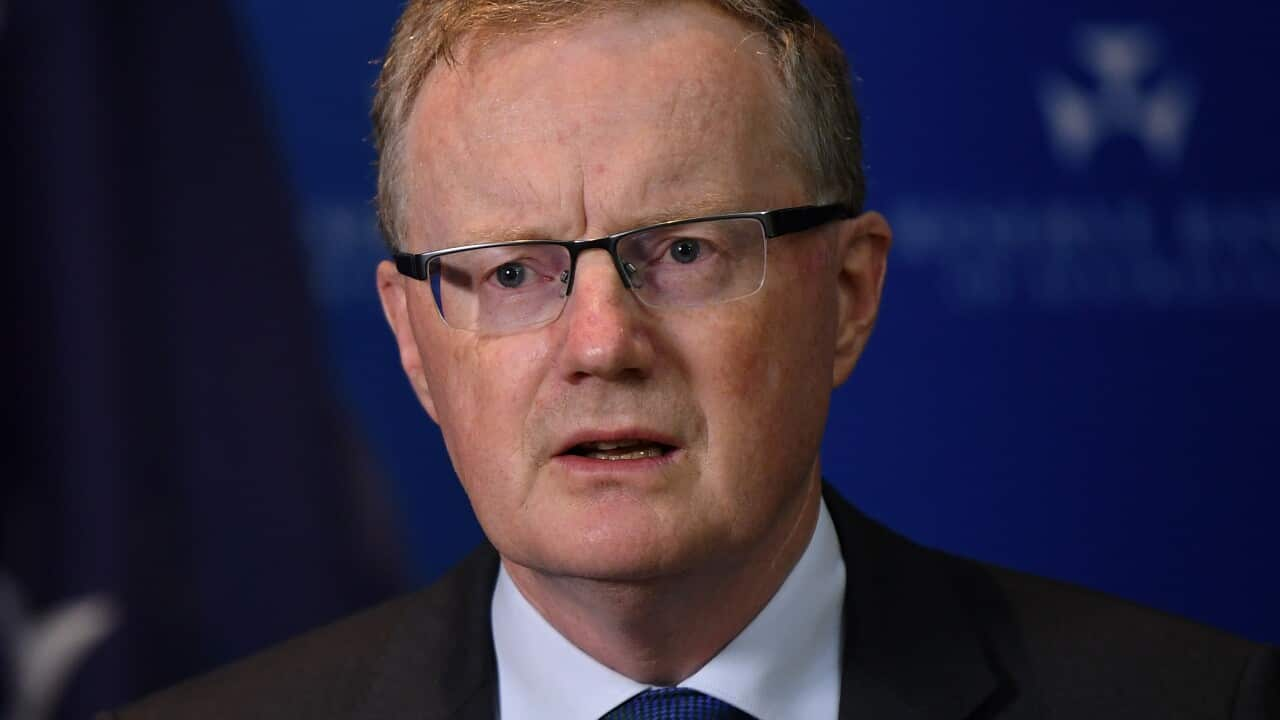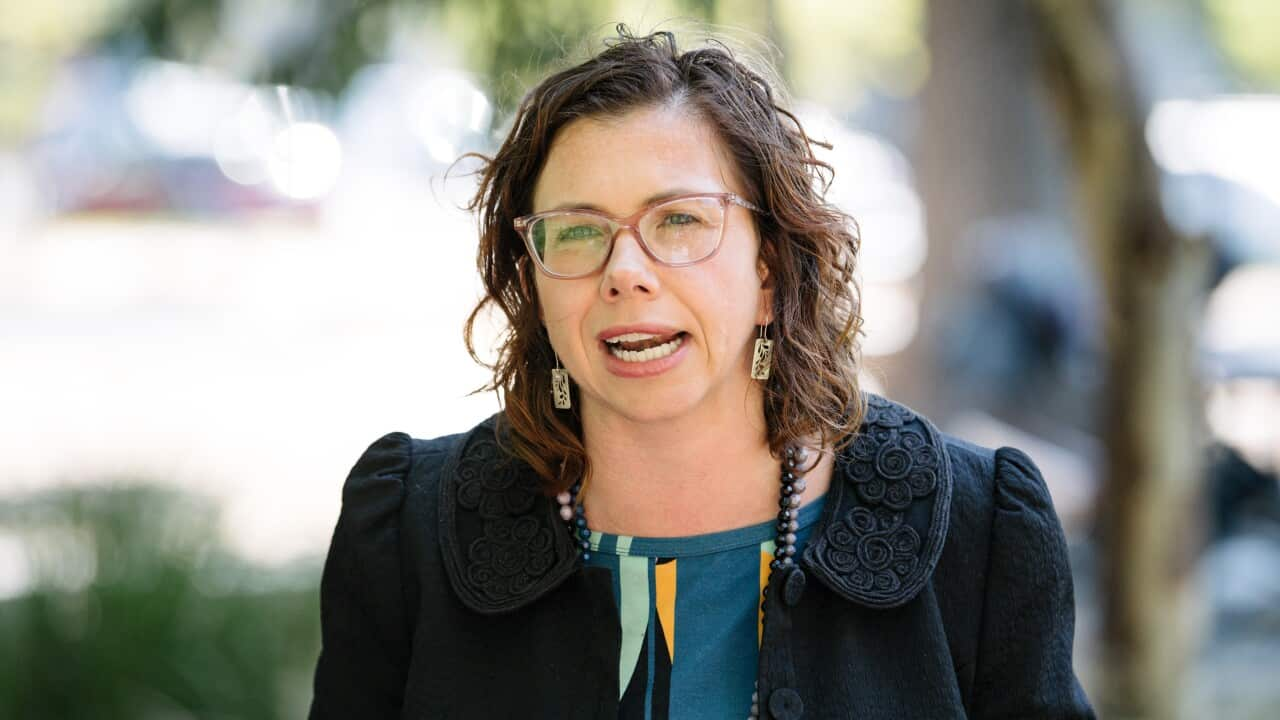Key Points
- The Reserve Bank of Australia has lifted the official cash rate by 50 basis points to 2.35 per cent
- It's flagged that the rate will continue to rise in the coming months
The Reserve Bank of Australia (RBA) has lifted the official cash rate by half a percentage point - or 50 basis points - to 2.35 per cent, bringing the cost of borrowing to its highest level since 2015.
It's the fifth month in a row the central bank has lifted the rate in an effort to manage rising inflation.
RBA governor Philip Lowe said that the board was committed to returning inflation to its target band of between 2 and 3 per cent.
"The further increase in interest rates today will help bring inflation back to target and create a more sustainable balance of demand and supply in the Australian economy," he said in a statement on Tuesday.
Federal Treasurer Jim Chalmers said the rate rise would be "very difficult news" for many mortgage holders.
"This is tough, this will tighten the screws on family budgets, this will put more pressure on a lot of Australians who are already stretched enough," he told parliament on Tuesday.
"A half a percentage point increase in the cash rate means that average homeowners owing $330,000 will have to find about $95 a month more for repayments.
"For Australians with a typical $500,000 mortgage, it's about an extra $145 a month, in addition to the extra $475 they've had to find since rates started raising before the election in May."
Why has there been such a steep uplift in interest rates?
Although Dr Lowe suggested last year that the cash rate wouldn't rise until at least 2024, it's been on the up since May in an effort by the RBA to tackle fast-rising inflation.
Scott Phillips, chief investment officer at investment advice company Motley Fool Australia, said interest rate increases have historically been used to "really good effect to kill off inflation".
"The problem is they're very painful on the way through, and the Reserve Bank has two really bad choices," he told SBS News.
"They either let inflation stay high and then compound to that high rate, maybe for years, or they try and cause some pain now, not because they want to cause pain, but because they know at least historically, it's been a really effective way to kill off that inflation risk, which actually is a better outcome in the long term."
When will the cash rate stop rising?
The RBA is unlikey to stop increasing the cash rate any time soon, with the board flagging it expects further rises "over the months ahead".
"The size and timing of future interest rate increases will be guided by the incoming data and the board's assessment of the outlook for inflation and the labour market," Mr Lowe said.
He said inflation was expected to peak later this year and then decline back towards the target range, but noted household spending remained an "important source of uncertainty".
Mr Phillips said with the rest of the world experiencing higher inflation than Australia, he expected the RBA to continue with its risk-averse approach.
"It's probable, I think, that the RBA will continue to shoot first and ask questions later," he said.
"They will increase rates, I think, to make sure they kill off the inflation threat, rather than go too easy and risk it getting away from us."
What can I do about it?
Damien Roylance, managing director of property and finance and firm Entourage, said one way to navigate rising rates is to simply ask your bank for a better one.
"The difference in interest rate between a new loan and an existing loan can be as much as 1 per cent higher, which means the longer you've been with your bank, the more likely it is you are paying a rate higher than you need to be," he said.
Given interest rates on savings products are largely still below inflation, Mr Roylance said borrowers may be better off putting any spare money they have into their offset account.
This would reduce the overall interest they have to pay on their home loan and could mean they’re able to pay it off faster, he said.
Mr Roylance said refinancing your loan could be another option for borrowers.
"Lots of banks are trying to entice new customers at the moment with low introductory rates and cashback offers on refinanced loans," he said.
"Again, if you've been with the same bank for a while, now might be a good time to look at other options and see if you can get a better deal with another bank."
LISTEN TO

SBS On the Money: What the RBA's rate rise next week will mean for your mortgage
SBS News
02/09/202211:13
But Peter White, managing director of the Finance Brokers Association of Australia, said with the latest rate rise, more borrowers will find it "impossible to refinance" and will be "trapped in a mortgage prison".
"In other words, they are forced to stay with their current lender at whatever rate they are being charged, because they are unable to secure a new loan due to the rate on which their application is assessed, which is on average a couple of per cent above the actual rate," he said.
Mr White said borrowers concerned about the increase in their repayments should see a mortgage broker as soon as possible to discuss their situation.
"Brokers are legally bound to act in the best interests of the borrower under best interests duty legislation, whereas banks are not."
Additional reporting by Hannah Kwon












